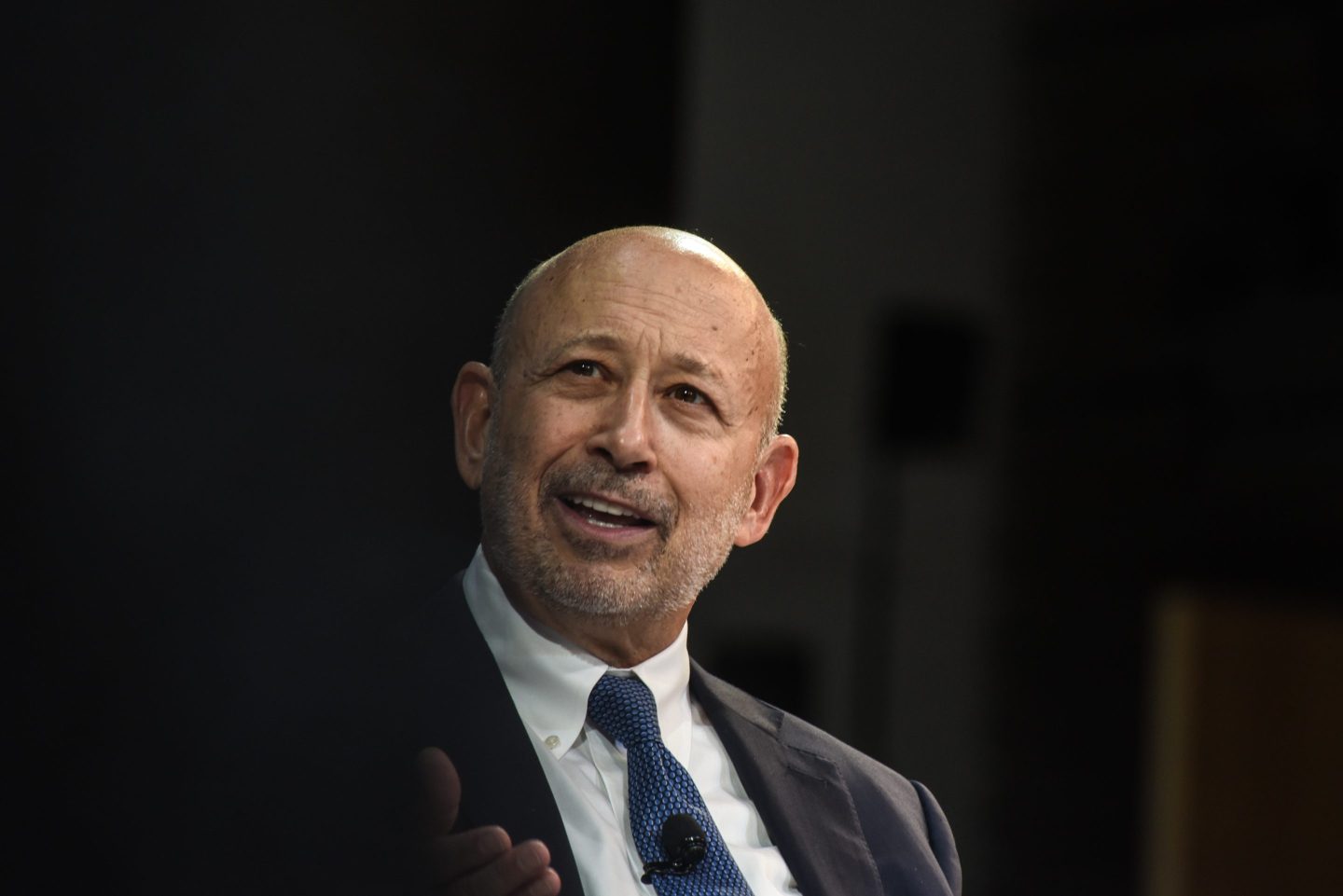Paul Volcker took on risky trading by the banks, and risky trading won.
Volcker, the former Fed chief, warned this winter that risky trading by banks must be reined in. A version of his plan survived the Senate vote Thursday night, but it’s not going to be enough to keep the biggest banks from rolling the dice with your money on the line.
The financial reform legislation passed by the Senate Thursday includes the so-called Volcker rule, which would restrict banks’ ability to mint money on their trading desks. The bill, backed by Senate Banking Committee Chairman Chris Dodd, D-Conn., also contains a provision that would force banks to spin off their hugely profitable derivatives businesses.

When the dust settles and the final bill is signed by President Obama this summer, Wall Street expects the changes to cost it perhaps billions of dollars in annual profits. Even at a time when the six biggest banks made almost $19 billion in a single quarter, that’s not chump change.
Yet there’s no reason to believe the reforms will address the casino mentality that has prevailed throughout this decade — and no reason to expect bankers to stop digging up new ways to trade their way to giant bonuses. Indeed, few expect the derivatives provision to make it into the final bill in its current form.
Risky trading by banks lives on, and how.
“There are a lot of elements of risk that haven’t been touched” by the legislation, said Peter Cohan, who teaches business strategy at Babson College in suburban Boston. “What about limiting the amount banks can borrow? What about credit default swaps?”
Outsize leverage was indeed part of the crisis, and regulators are now pledging to make banks hold more capital against their assets to limit the risk that the industry will get as pumped-up as it did before the housing bubble burst a few years back.
But the Senate had a chance to pass much stronger measures that would have forced the breakup of giant banks and prohibited them from engaging in some high-risk activities with their customers’ money. Proponents of those efforts were left bemoaning an opportunity lost.
After all, the history of financial crises shows without a doubt that “too much borrowing leads to trouble,” as Cohan said. And it also shows that regulators, even well-intentioned ones, often miss the boat on the risks that are building up in the system until it’s too late.
“We have missed an opportunity to strengthen that provision by putting in statute, without the ability of agencies to modify, prohibitions on risky trading by banks, and strict limits on such trading by nonbanks,” Sen. Carl Levin, D-Mich., said in a speech in the Senate Thursday night.
Levin and Sen. Jeff Merkley, D-Ore., co-sponsored a measure that would have strengthened the Volcker rule by forcing banks to get out of the business of trading for their own account rather than for the sake of their customers. But it never came up for a vote.
While the Senate vote will surely hamstring the banks to some degree, it’s clear that it doesn’t go as far as it could have. What’s more, the flash crash earlier this month remains unexplained, at a time when the lion’s share of stock trading is done by computers that hold stocks for just seconds. Who knows what might happen next in this wild market of technology run amok?
“It’s getting a little scary out there for people who try to invest and for institutions like pension funds that have to make a return,” said Cohan.
And so the conditions that allow the banks to rake in outsize profits even as their loan books shrivel remain largely unaddressed.
Bank stocks such as Goldman Sachs , Morgan Stanley , and JPMorgan Chase were up 4-5% in early afternoon trading Friday. They may be on the upswing for any number of reasons, including a welcome pause in the flight to safety trade.
But there’s no doubt that owners of the big trading houses are breathing a sigh of relief. The rest of us? Not so much.
[cnnmoney-video vid=/video/news/2009/03/16/news.031709.fixer.volcker.cnnmoney/]











